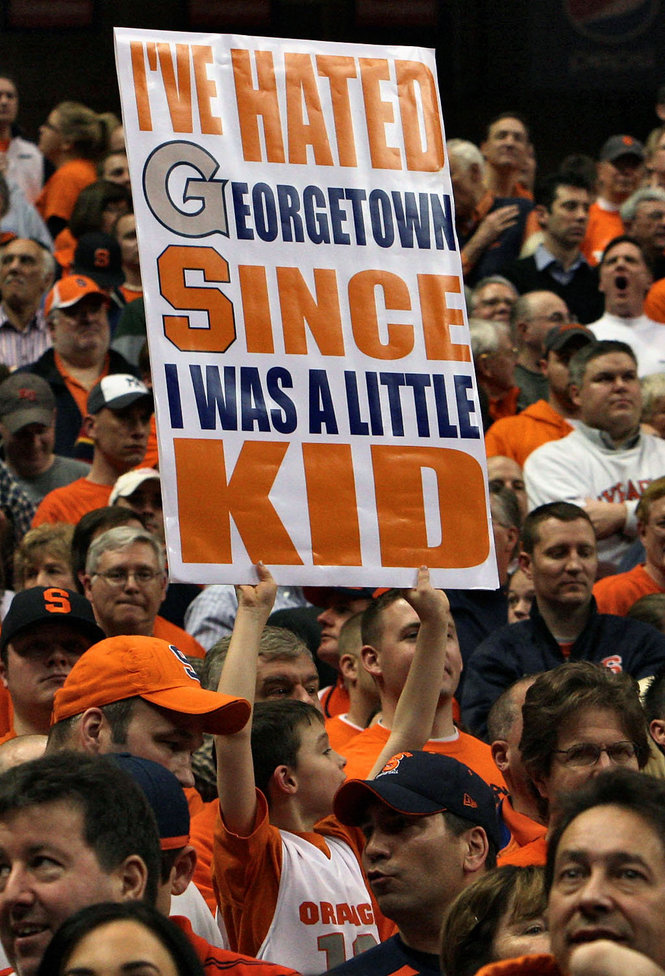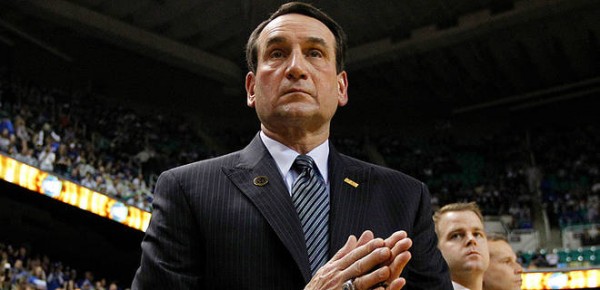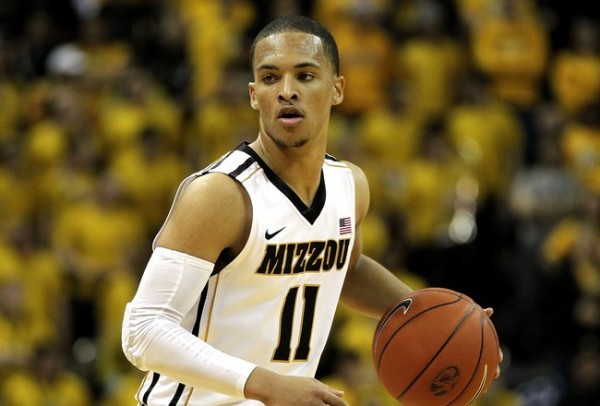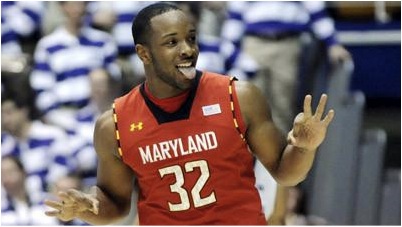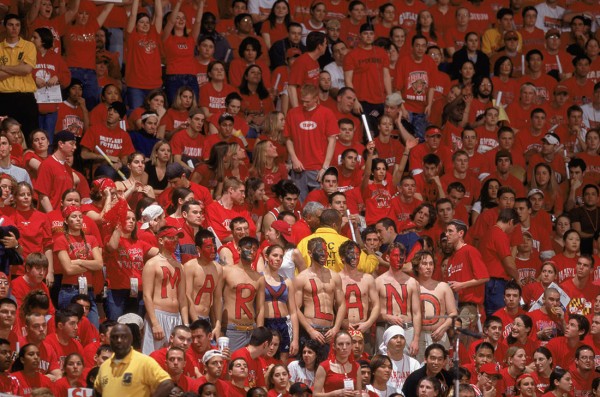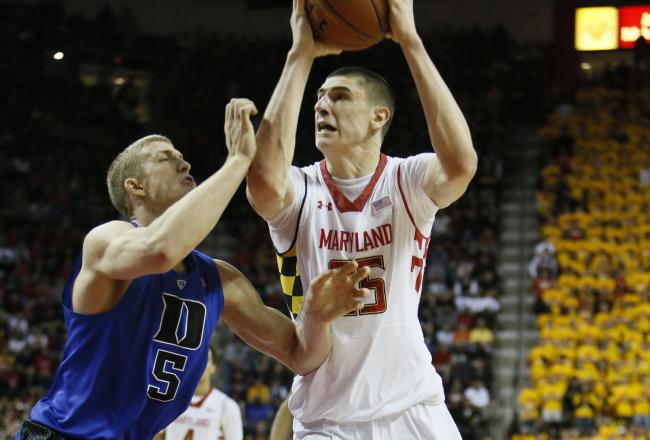ACC M5: 10.16.13 Edition
Posted by Matt Patton on October 16th, 2013
- The Mikan Drill: It’s no secret Jeff Bzdelik needs a decent season badly. Last year’s recruiting class brought in much needed depth and talent, but three- and four-star players usually take a year or two before they become effective at the college level. Unfortunately, Bzdelik probably can’t wait two years for Codi Miller-McIntyre to flourish running his offense. Josh Riddell does a good job highlighting Miller-McIntyre’s strengths and weaknesses running the team last year. The bottom line is that he has to make better decisions.
- Washington Post: Speaking of point guards who need to make better decisions, Seth Allen was one of the more exciting players to watch last season. He has a gift for quick penetration, but his lightning first step often went faster than his risk assessment, which led to many turnovers and bad shots. This year Mark Turgeon will expect Allen to step into a leadership role in a very different, wing-oriented offense. Going small should open up the lane, but Allen’s decision-making may very well decide Maryland’s efficiency.
- ESPN: Jim Boeheim sat down with Seth Greenberg and Andy Katz and talked about everything from media days (which he was salty about) to joining the ACC (which he’s now excited about) to specific player development. Boeheim also briefly hits on the hot-button topic of pay-for-play late in his interview. For those who prefer reading to podcasts, Jeremy Ryan of Nunes Magician transcribed some of Boeheim’s interview.
- One Foot Down: Sticking with ACC expansion teams, One Foot Down takes a comprehensive look at Notre Dame’s frontcourt. The Fighting Irish have to replace one of the most productive interior workhorses of last year’s all-Big East workhorse in Jack Cooley. That said, Mike Brey’s team has a good deal of experience inside, which could be something to exploit against perimeter-heavy teams like Duke or Maryland.
- The Daily Tar Heel: While the scandal still stays an arm’s length away from the basketball program, indictments continue to trickle out of District Attorney Jim Woodall’s office. Three people have been indicted so far: the agent, a former North Carolina tutor, and now Georgia realtor Patrick Jones is on the hook for paying $725 to someone associated with an athlete. Don’t expect this issue to be resolved quickly, but also don’t expect it to end in the death penalty for North Carolina sports at the end, either.
EXTRA: Time for a shameless plug. Walter Carey talked with Maryland alumnus Len Elmore, Duke alumnus Mike Gminski and Fayetteville Observer columnist Bret Strelow. It’s the first part of Rush the Court‘s preseason interview series, and is full of interesting tidbits previewing conference play with three of the more knowledgeable experts in the business.































